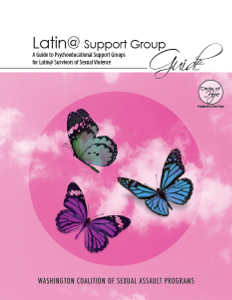Diversity, non-discrimination, cultural competency, anti-oppression, & social justice are not synonyms — they are not words that replace one another, nor are they words that connote the same meaning or the same type of interaction.
As advocates and preventionists, it is vital that we take into account power relations and oppression. Advocating on behalf of survivors and being an ally includes thinking about services, survivors, and yourself in terms of diversity, non-…
